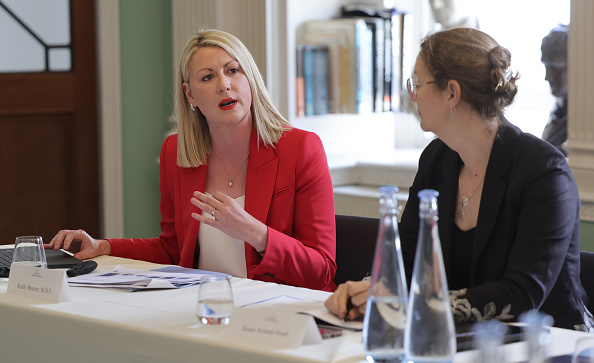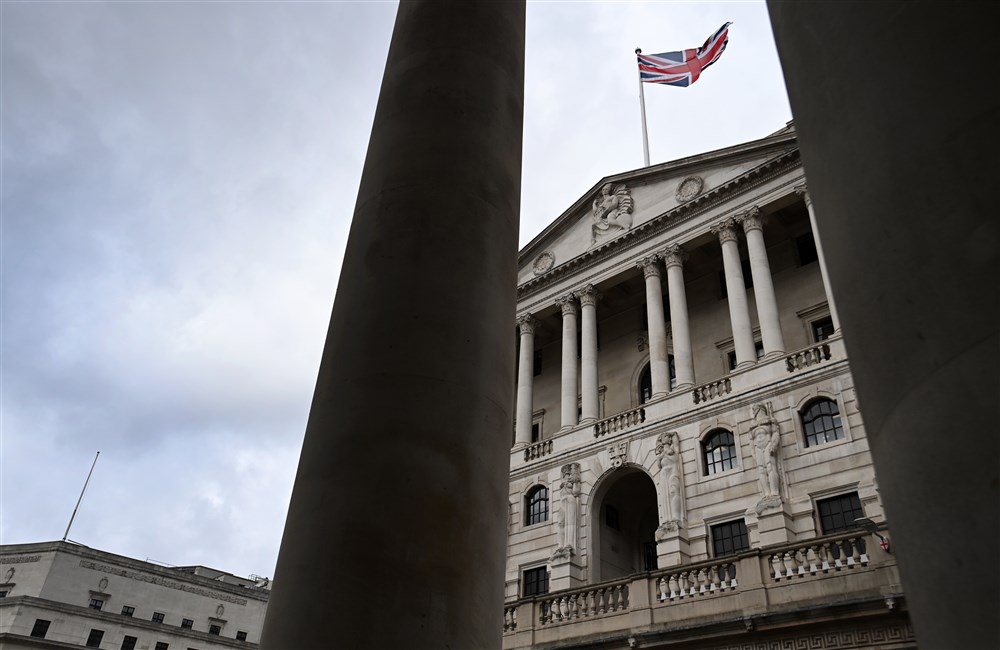Despite doom-laden headlines dogging the UK post-Brexit predicting prolonged economic misery, one of Europe’s biggest banks has now concluded that leaving the European Union has not been so bad for the country after all.
Latest research from French giant BNP Paribas found that increased foreign direct investments (FDI) and the influx of non-EU workers following uncertainty in the immediate aftermath of the UK referendum has proved a tonic for the country.
“Once a stable post-Brexit framework had been established, the UK got a boost, as direct investments and arrivals of foreign workers from countries outside the European Union made up the ground lost,” the bank’s report concluded.
It also said: “Back in 2016, one of the main arguments put forth by Brexit opponents was that FDI in the United Kingdom would dry up,” with some experts suggesting a slump of 22 per cent in the 10 years after Brexit.”
However, it added: “Balance-of-payments figures have ultimately belied this fear.”
Looking at investment in the UK, the BNP Paribas report said that while both foreign and domestic real business investment was 0.4 per cent lower in the fourth quarter of 2022 than in the pre-referendum second quarter of 2016, a decline in FDI was not to blame.
The research showed FDI capital inflows of 2.6 per cent of GDP in the six years since 2016, up from 1.6 per cent in the period 2009-2015.
BNP Paribas economist, Guillaume Derrien, one of the report’s authors, told Brussels Signal: “Even though the scenario following Brexit is not the extreme scenario some have announced, it still left the UK with less resources than it would have been without Brexit.”
But he added: “The UK economy has benefited from catch-up effects in the last months in terms of business investment and foreign workers.”
And Derrien suggested the UK’s economic outlook could remain rosy: “The Spring Budget announced several structural reforms that will help to improve participation rates and thus help to resolve the labour shortage.
“Those measures are set to enhance the situation in the labour market, to cool wage growth, and to help the Bank of England to bring inflation back to target.”
With recent net-migration figures showing 606,000 people came to the UK in 2022, the report suggested current shortages in the workforce will lessen as a result of non-EU arrivals. That will be especially noticeable in hard-hit sectors such as transport, retail, catering and hospitality, where a lack of workers has been holding back economic growth, it said.
The report added that the rise in immigration had been apparent since the lifting of Covid-19 restrictions. “Since then, these new arrivals have helped offset the absent flows of European workers,” it noted.
“Moreover, the latest figures, particularly those of the first quarter of 2023, suggest that the numbers are catching up with the pre-Brexit trend.”





